From June 13 to 15, the 6th meeting of the BRICS Working Group on ocean and polar science and technology took place in Murmansk. The event was held under the Russian BRICS chairmanship in 2024 with the support of the Ministry of Science and Higher Education of Russia, the Administration of the Murmansk region, and the Shirshov Institute of Oceanology of the Russian Academy of Sciences.
The event was attended by over 50 researchers involved in scientific research projects in the fields of oceanic and polar sciences from BRICS member countries. The BRICS Working Group meeting took place in an expanded format for the first time: in addition to the traditional five members (Russia, Brazil, India, China, and South Africa) of the format, Iran and the UAE joined as new BRICS members this year.
Delivering the welcome speech, N. Golubeva, deputy director of the Department of Coordination of Scientific Organizations at the Ministry of Science and Higher Education of Russia, highlighted that the BRICS Working Group has achieved impressive results over its years of operation and has successfully elevated cooperation among scientists from BRICS member countries in the field of marine and polar research to a high level. “The BRICS format represents a very unique union: our partnership includes countries from almost all continents, united by common goals and visions for their development. All of them are maritime powers, which means that maritime activities occupy a special place in the economies of our countries,” she emphasized.
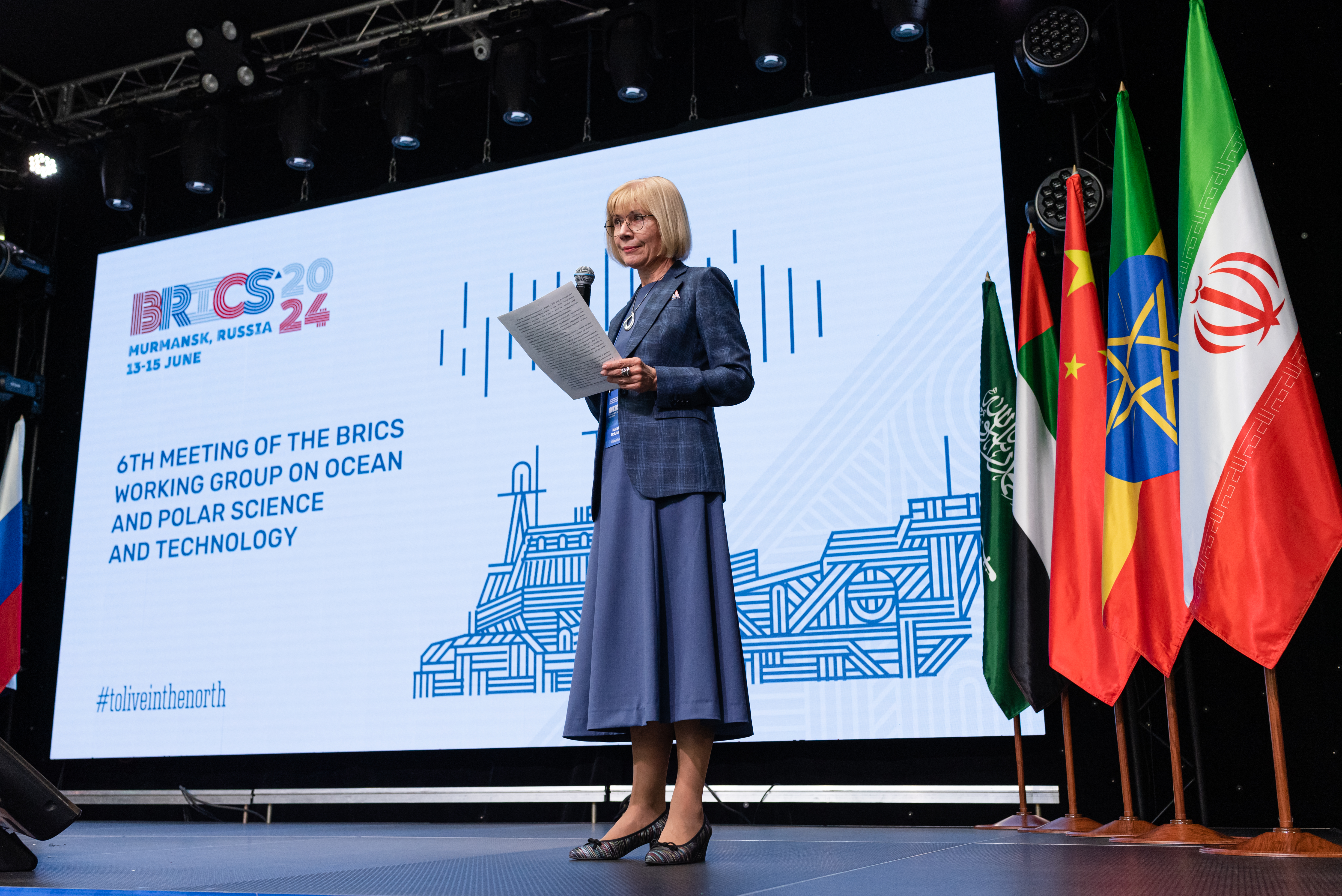 |
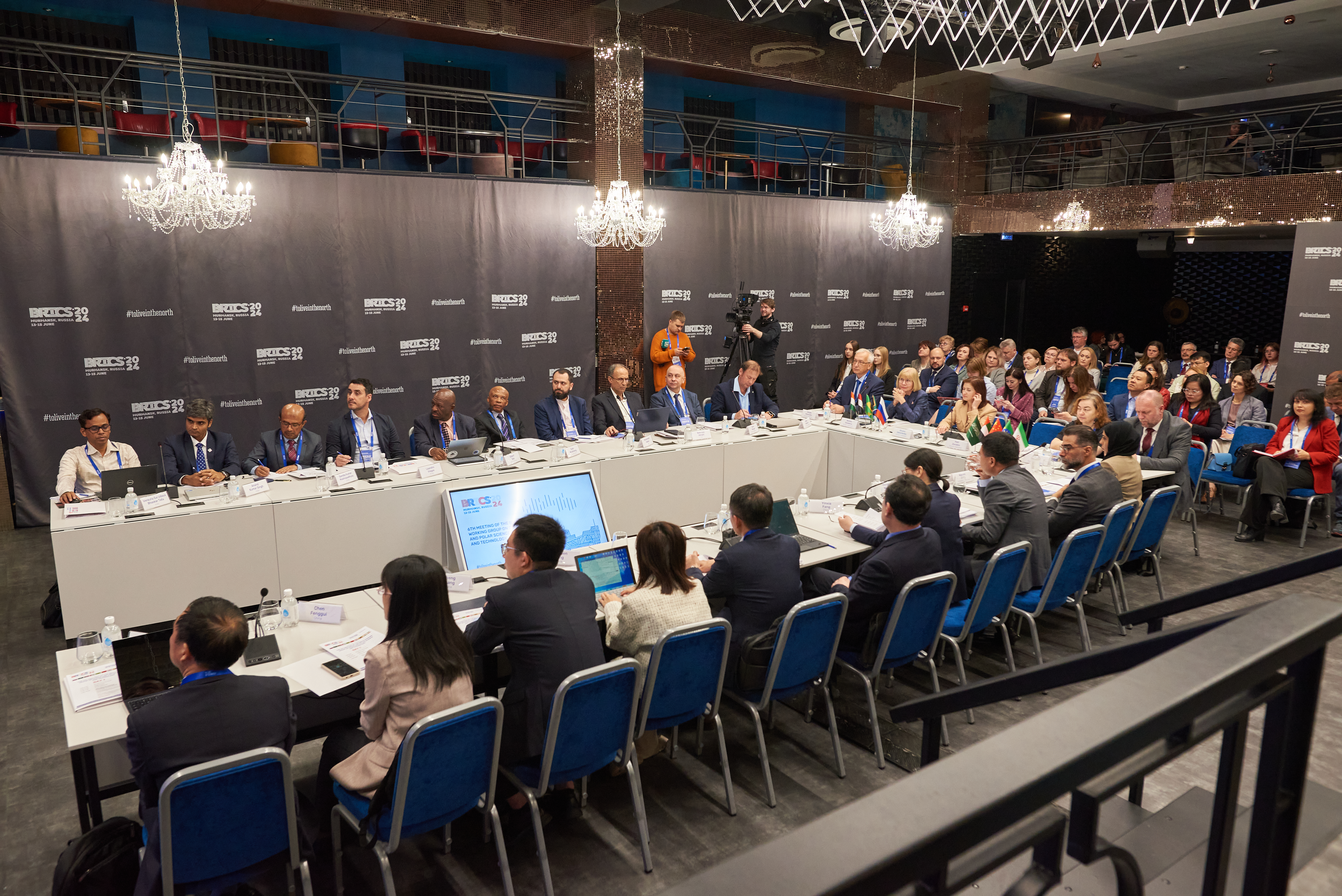 |
During the event, P. Zavyalov, Russian coordinator of the BRICS Working Group, presented a report on the topic “Introduction to Recent Developments in Ocean and Polar Sciences and Technologies and Related BRICS Cooperation Agenda in Russia”. The expert noted that today, the priorities for the development of scientific knowledge in oceane and polar zones are forecasting and diagnosing climate change, biological productivity, mitigating the consequences of natural disasters, and combating pollution.
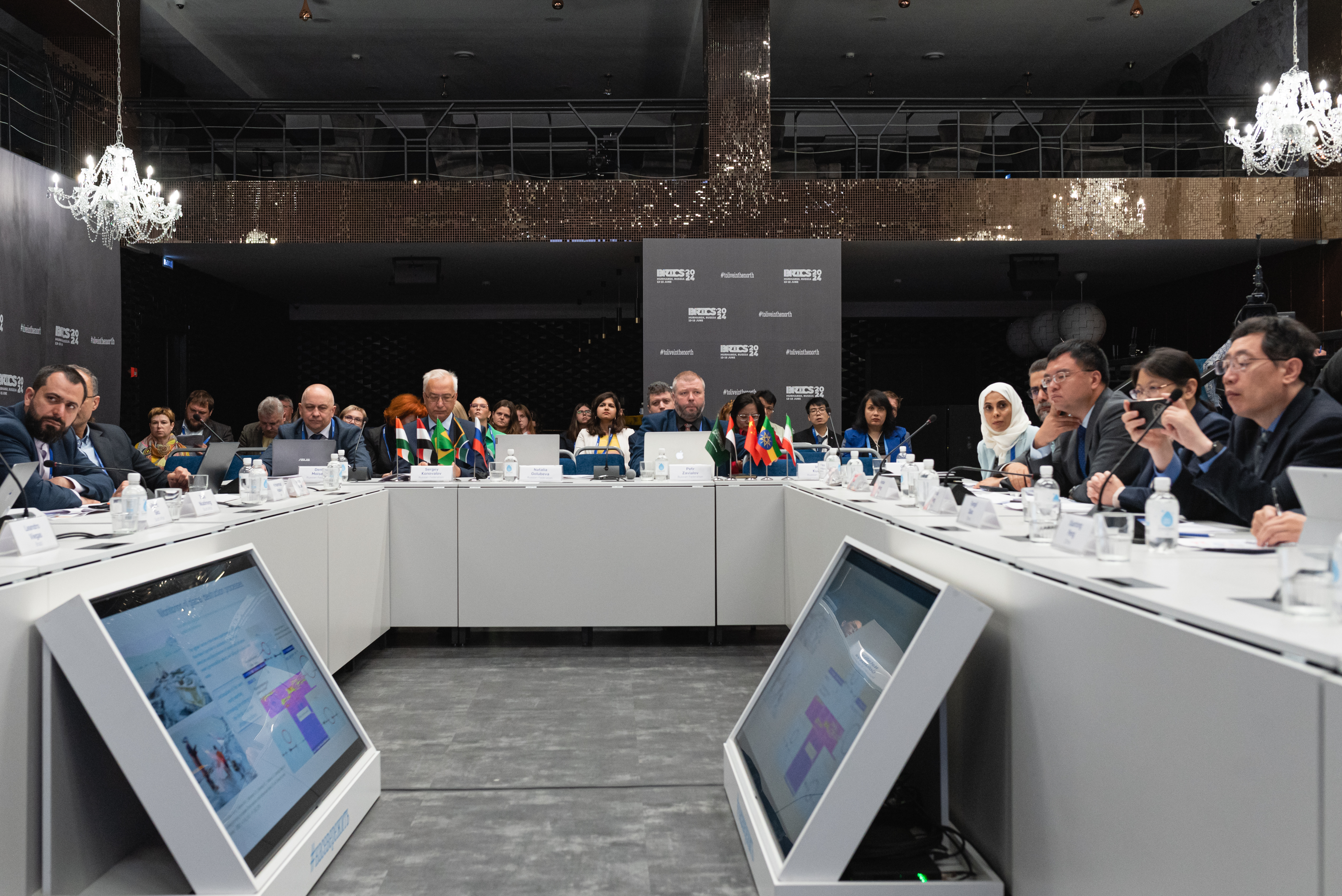 |
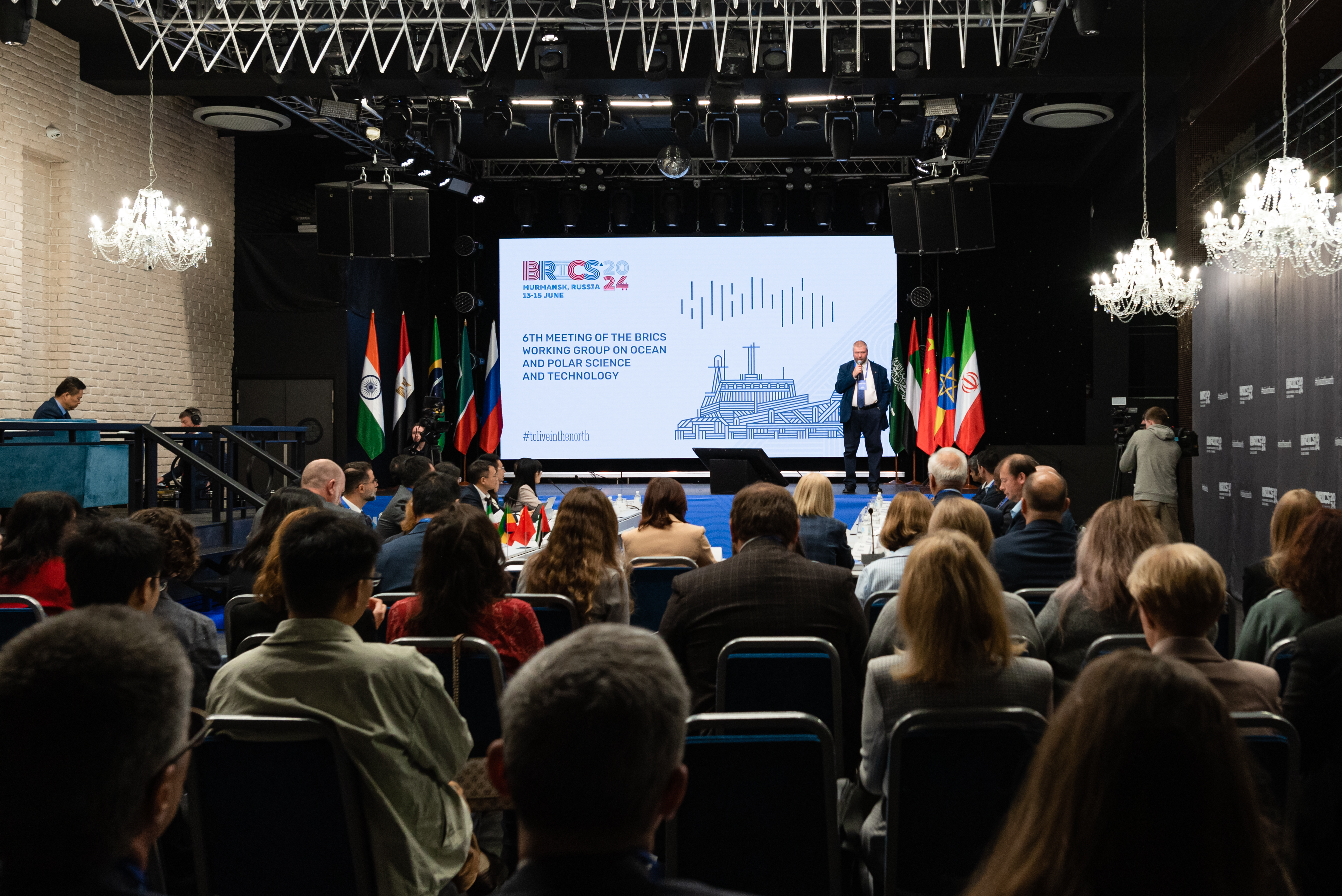 |
At the meeting of the Working group, the International Center for International Science, Technology and Education Programs was represented by its Executive Director I. Kuklina and Deputy Executive Director for BRICS STI Cooperation E. Khlunova. The International Centre for Innovations in Science, Technology and Education (ICISTE) serves as the Secretariat of the Russian Council for BRICS Science, Technology and Innovation and actively develops scientific dialogue between the countries involved.
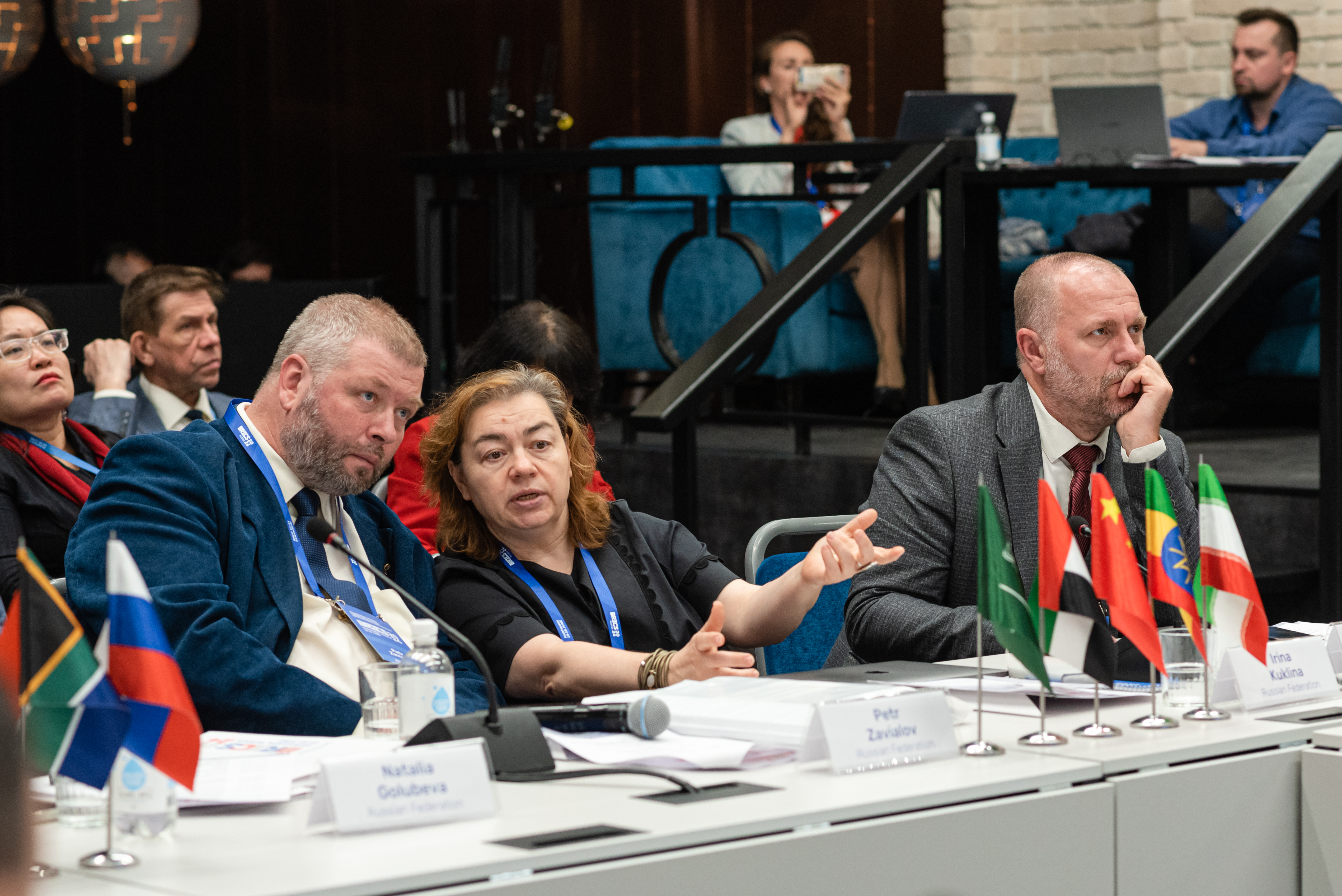 |
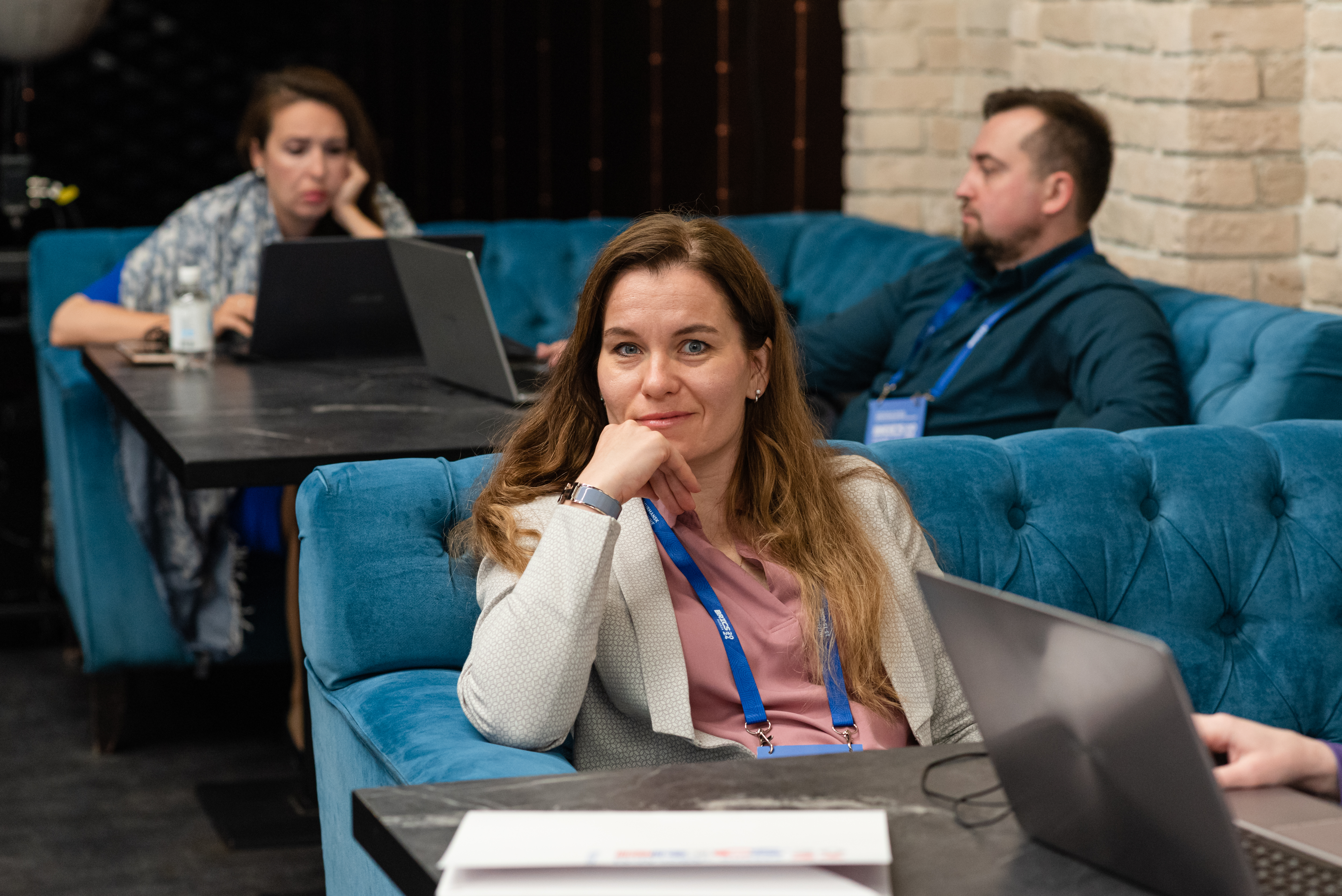 |
The main themes of the discussion during the event focused on the study and utilization of the world’s ocean resources, the impact on the climate system, and the state of coastal zones. Experts paid particular attention to the possibilities of conducting joint marine scientific expeditions: China and Brazil put forward proposals for joint expeditions in near future.
The meeting emphasized the importance of international cooperation in marine and polar research. The BRICS Working Group is a unique platform for shaping a more sustainable future for all countries.
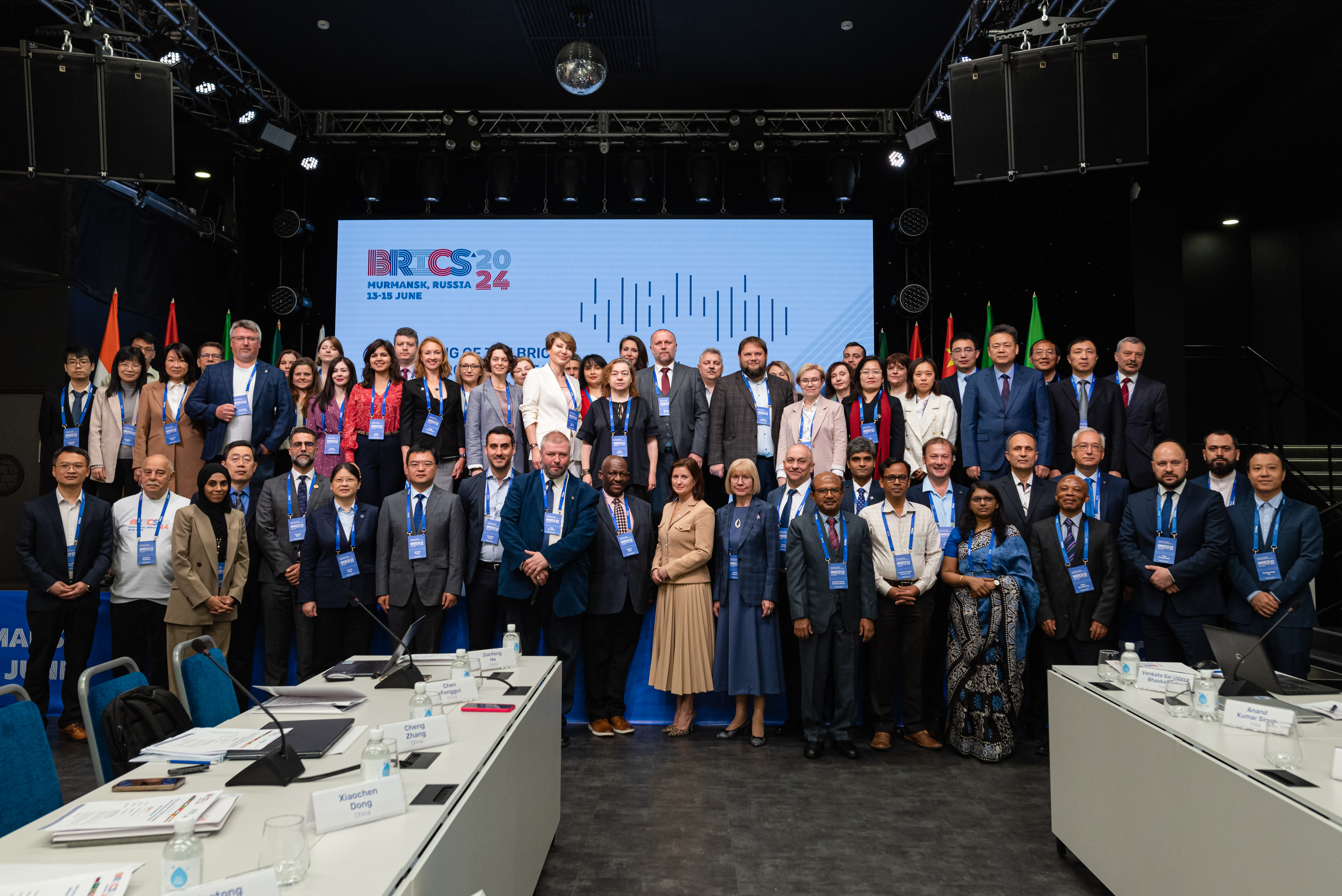 |
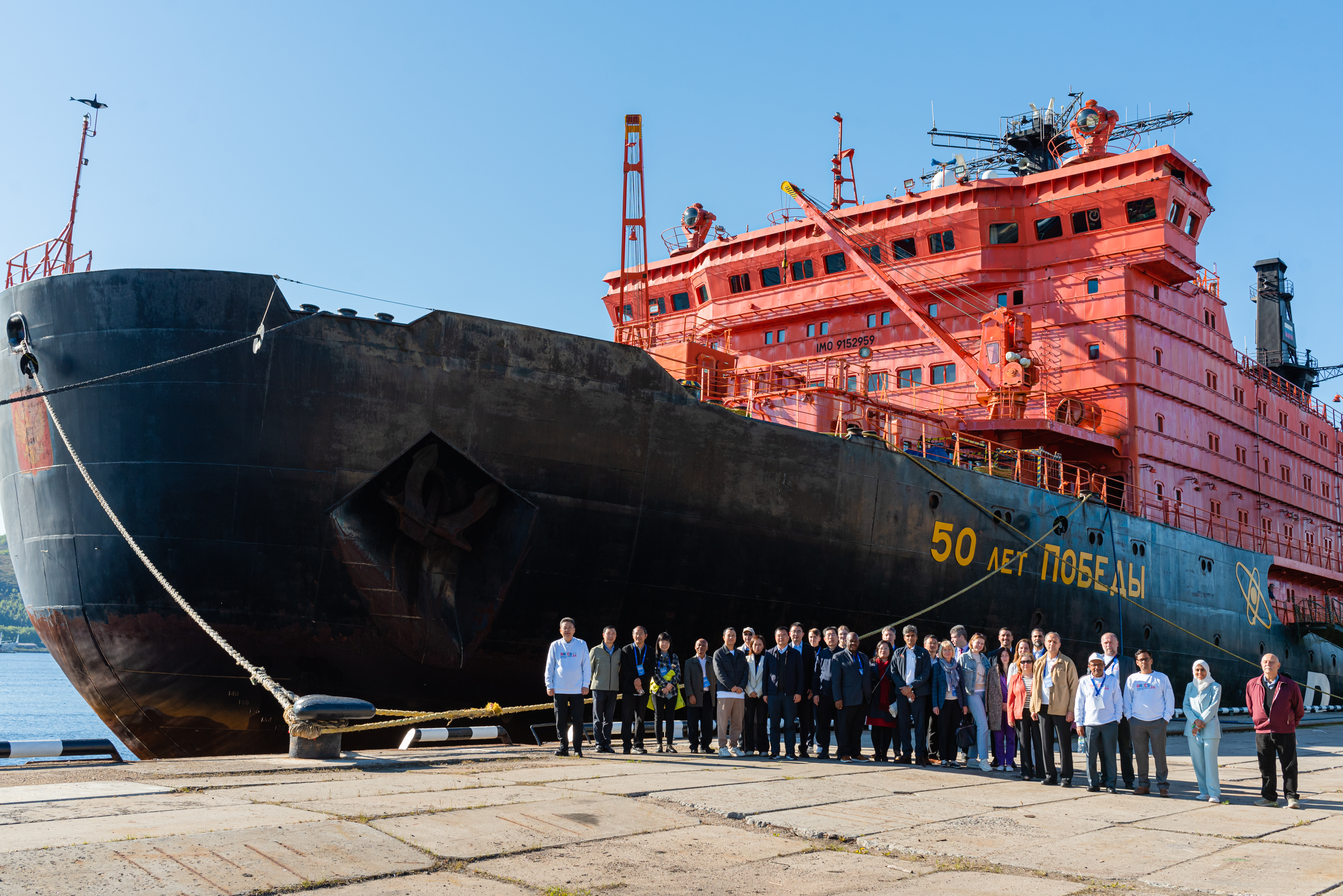 |
